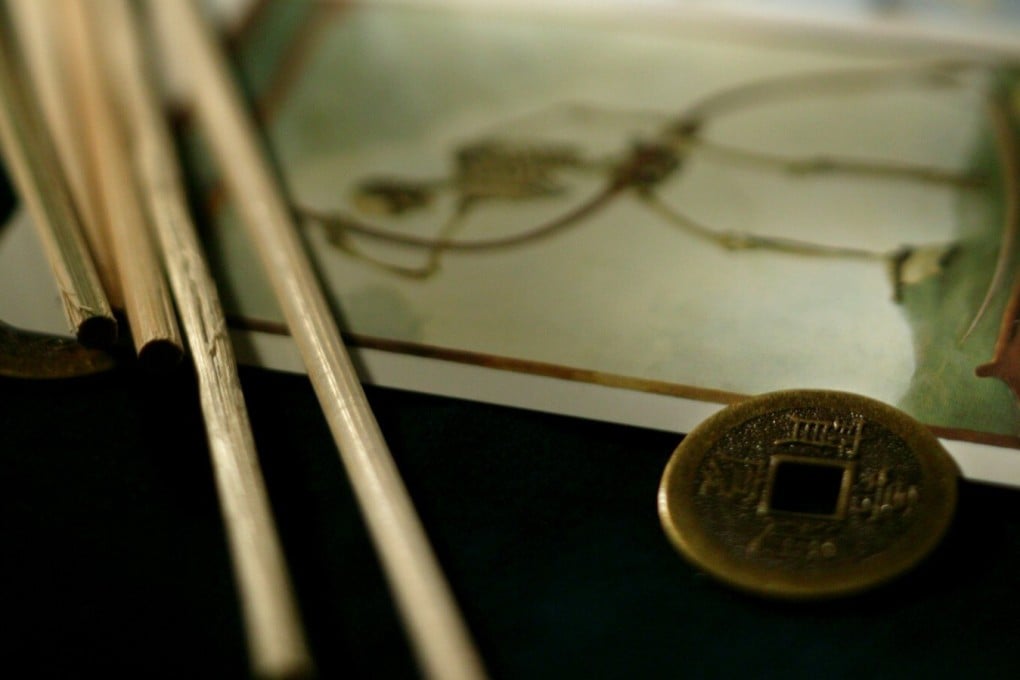Advertisement
Opinion | How the I Ching informs China’s harmonious pursuit of geopolitical strategy
- The Chinese dream, belt and road, Taiwan policy and vaccine diplomacy all seek to preserve harmony, a key notion in the I Ching
- The US would do well to realise that China’s growing clout necessitates an accommodating shift, not a breakdown, in the global balance
Reading Time:3 minutes
Why you can trust SCMP
12

In 1972, then-US president Richard Nixon met Mao Zedong in China. Buoyed by his success in winning over a former adversary, he labelled this trip as “the week that changed the world”. Little did Nixon realise the far-reaching changes that this trip would have on China, US-China relations and the world.
The Americans and Chinese have vastly different notions of “change”, and nowhere is this more evident than their narratives. The United States is adamant that China is its biggest threat, whereas China is adamant in equal measure that it does not intend to displace the US.
The US narrative is not surprising – it applies the perspective that it knows best to manage China’s rise. In this regard, there are well-researched schools of thought that point to a likely or inevitable conflict. Examples of these include the Thucydides Trap, popularised by Harvard’s Graham Allison, and offensive realism, promoted by scholars such as John Mearsheimer.
In contrast, President Xi Jinping rejects the Thucydides Trap, advocating instead for “non-conflict, non-confrontation, mutual respect and win-win cooperation”.
To state the obvious, the Chinese perspective is shaped at its core by Chinese history and philosophy, as opposed to Western history and philosophy. For thousands of years, the Chinese have looked to the I Ching as a venerable source of wisdom to discern the ever-changing world, hence it is also known as the “Classic of Changes”.
As the first of the ancient Chinese classics, the I Ching had a profound influence on Confucianism and Taoism, and it is still widely consulted today.
Advertisement
